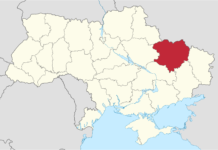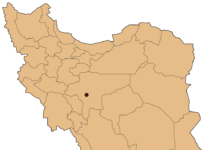The Organisation for the Prohibition of Chemical Weapons is an international organization whose goal it is to eliminate chemical weapons that currently exist, prevent the production of new chemical weapons, provide protection from chemical weapon threats, and promote cooperation for these goals.
The Chemical Weapons Convention initially established the Organization in 1992, and it came into effect in 1997. Currently, all 193 of the sovereign states of the United Nations have ratified, while numerous others are eligible.
The general viewpoint is chemistry must be used for good, rather than for harm. With its goal to work together for a world free of chemical weapons, the Organization received the Nobel Peace Prize in 2013.
Chemical weapons have been used in warfare throughout history. During World War I, for example, 124,200 tonnes of deadly gases were used. Later, phosphorous and napalm were used. Chemical warfare is morally reprehensible both because of the suffering and death it causes military personnel, and because it can also affect nearby civilians. Eliminating this inhumane approach to war is important and necessary.
The headquarters are located in The Hague, South Holland, the Netherlands.










